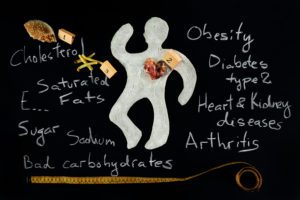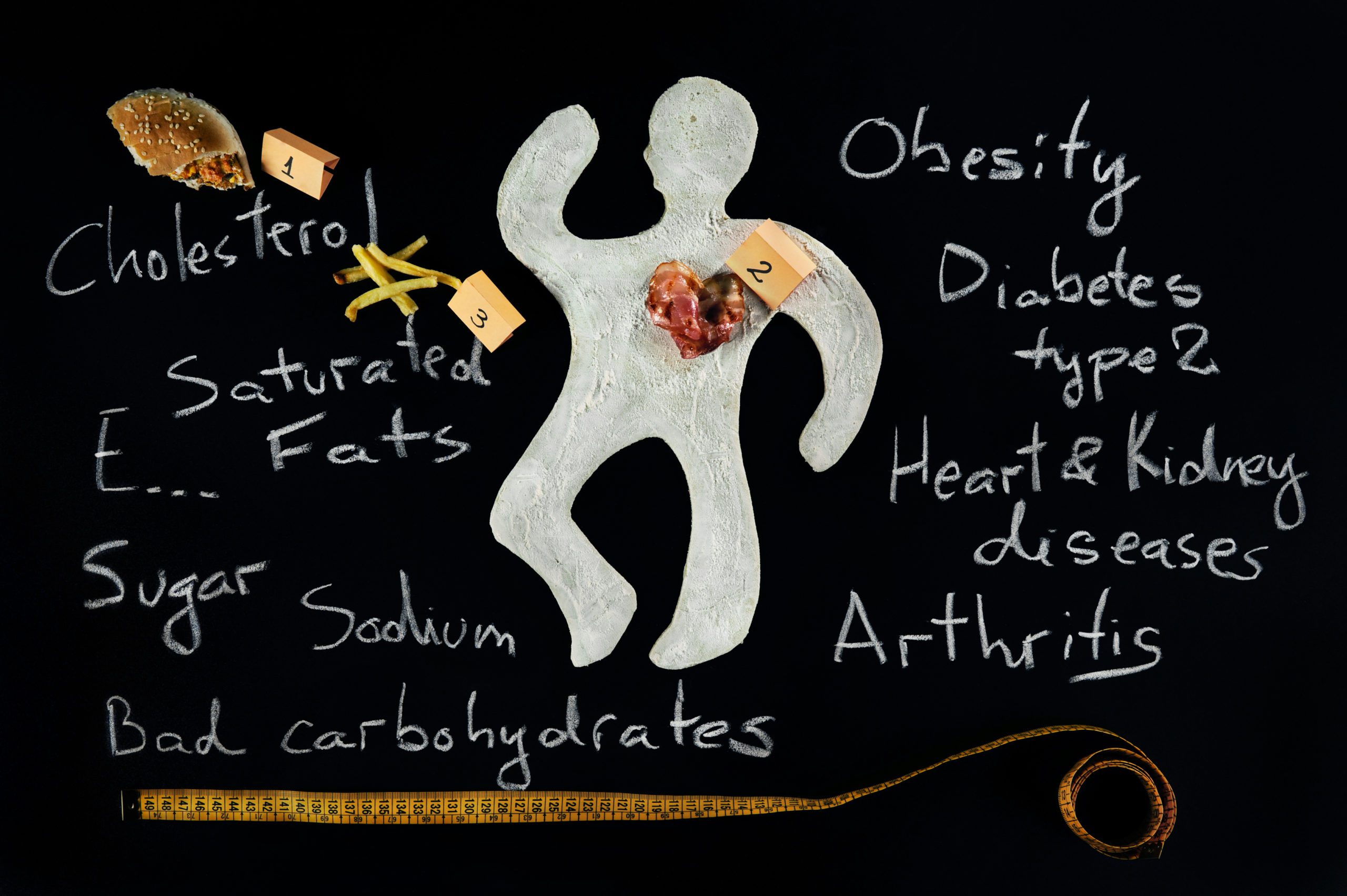
People of the Western world suffer from heart disease as one of the major killers and it’s usually preventable. Choosing a healthy diet is essential and you should avoid foods that commonly cause heart disease.
While there is very little scientific evidence that certain foods cause heart disease, many theories have been put forth. Not all of the theories have even been proven, and some studies have yielded no results at all. We need to educate ourselves. We ought to learn how to cut back on or avoid the foods which will help promote good heart health.
Cholesterol Levels Play a Big Role in Heart Disease
Until recently, people believed that heart disease was a hereditary disease. They believed it was part of growing older and that there was nothing they could do about it. It’s all about what we eat, even though there are still genetic factors involved. Although there are lifestyle elements that can increase our risk, it is mostly a result of the foods that we eat—which is more important than the amount of cholesterol that we take in—that ultimately will determine our risk.
Having a healthy amount of HDL cholesterol is important. Here, we need to cut back on our LDL cholesterol. High LDL cholesterol can clog arteries, cause clogs, and raise blood pressure. With more HDL cholesterol, you can actually maintain lower LDL levels. HDL cholesterol acts as a protective coating around the arteries, which can keep the blood flow smooth and can lower blood pressure.
Animal products and oily foods contain cholesterol, but plant foods do not. Only plant foods and animal products contain cholesterol. Only some foods have been associated with heart disease, and some include more HDL than LDL. Take this into consideration as we review the seven foods that can cause heart disease.
Learn More: How To Increase Sodium Levels
Fast and fried foods have to be avoided as much as possible.
When you eat processed foods such as deep fried fish or battered Mars bars, you need to think about healthier ways to prepare your food.
It is well known that oils can contribute to high cholesterol levels and heart disease in certain circumstances. There are some oils that you need, but it is essential that you get the right ones in the right ways. This does not mean that you can keep eating fast food or fried foods if you are healthy.
Those foods cooked in fast food and fried foods contain unhealthy, saturated vegetable oils, along with much more than you need, supplying you a lot of excess fats you shouldn’t be taking in. Despite the fact that these things don’t necessarily makes you obese, they do put you at increased risk for coronary artery disease.
Cut down on fast, fried and junk foods. There are healthier and more enjoyable ways to prepare your food. The bacon and sausages can be grilled instead of being fried; change the fried eggs for poached eggs and scramble them in the tablespoon of olive oil. You’ll find your food tastes better and has more vitamins if you grill or bake instead of deep-frying.
We need to stop consuming dairy products that are high in fat.
You want to consume the right variety of dairy because you want to limit your cholesterol levels with full-fat dairy. But whole milk isn’t a good idea.
When you opt for the full-fat options, you increase your cholesterol levels. Consider that the meat and dairy products are the food that contain all the HDL and LDL cholesterol. By opting for the reduced fat options, you reduce cholesterol.
Of course, when you use products that are claimed to be low fat, you may be getting extra sugar in them, which can lead to overweight and other health problems! Make sure you aren’t replacing cholesterol with sugar that can lead to diabetes.
Reduce the amount of canned vegetables you consume.
Canning vegetables are easily found in stores, can be stocked in large quantities to keep grocery shopping to a minimum, and prove a convenient source of nutrients. It is becoming apparent, however, that canned vegetables tend to be unhealthy for your heart. Manufacturers are getting concerned, but it seems not everyone cares.
I didn’t know vegetables had cholesterol, did I? No, the cholesterol is not the only reason for heart disease. Although this is a major cause, there are other factors to watch out for as well. Consuming a lot of sodium and canned foods can also increase the risk.
You need to be careful to avoid cans that say they have no added salt or need to be washed thoroughly to get rid of any salt that is naturally there.
It is generally wiser to buy frozen vegetables rather than canned vegetables. You will be able to get more nutrients by freezing vegetables rather than canning them.
There is more to the equation than diet alone.
There is more to becoming a healthy individual than a healthy diet. Research proves that heart disease isn’t caused only by the diet. Another important thing to consider is that heart disease is caused by more than just diet choices.
The risk of developing heart disease increases for smokers and people who are obese. Remember that your heart is a muscle that needs to be strengthened and constantly kept working. A healthy exercise program can do this.
Exercise has been shown to be ineffective alone. Exercise requires a healthy diet to perform properly. This was proven with soldiers during a study.
It doesn’t matter how old you are if you develop heart disease. Your diet is responsible for so much of this. The good news is, a change to your diet can minimize the risks of heart disease becoming a bigger problem.
What’s the first thing you are going to get rid of?
On the list you can include a lot of foods in moderation. It’s all about ensuring they fit into a healthy and balanced diet. Although focusing on a healthier lifestyle is equally important. Those foods that are high in sodium and bad cholesterol are too risky to eat while others need to be completely avoided if you wish to avoid heart disease. This is certainly the case with hydrogenated oil margarine and beef jerky. What are you going to give up first? Share your thoughts in the comments below and get started today!







